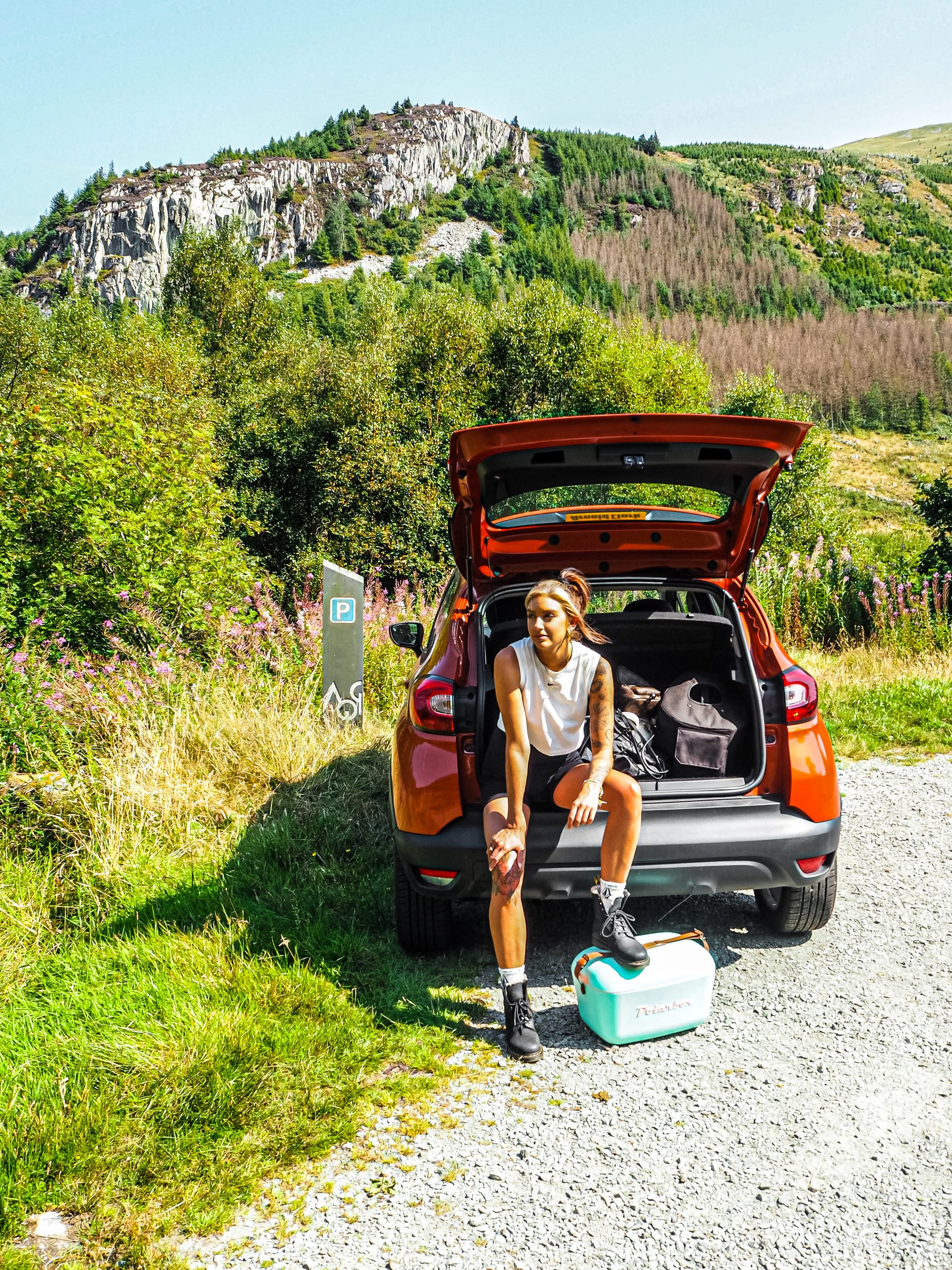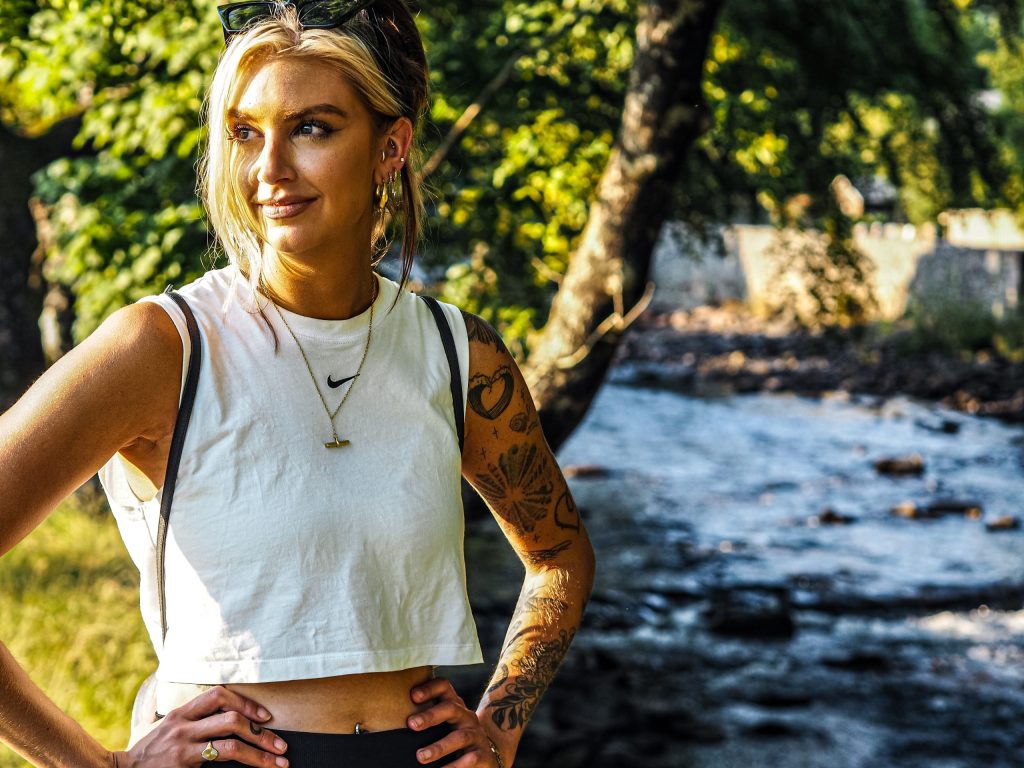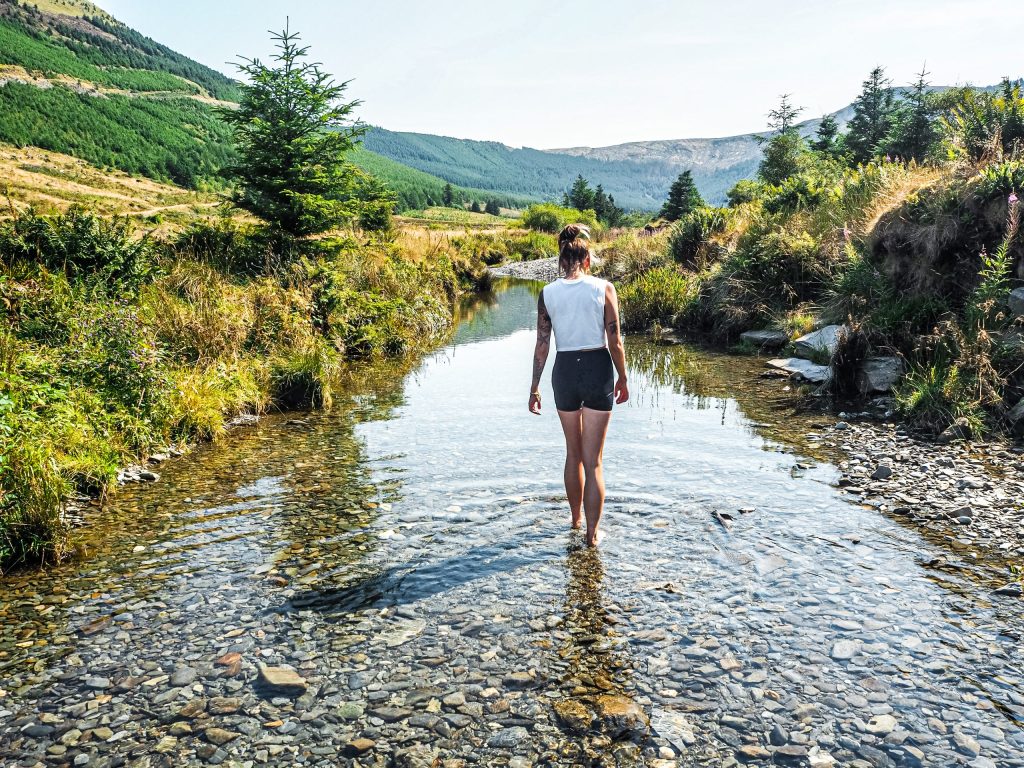
Adventure and Safety in Equal Balance: 10 Ways to Ensure You’re a Savvy Traveller
Travelling is such a great adventure that broadens horizons, but safety should always be a priority (and can be easy to forget)! Whether you are working overseas as a digital nomad or you’re a traveller exploring the world, it’s super important to get the balance between that sense of adventure and safety right. Here are a few things to consider to ensure you have sense of security when travelling.
Prioritise Online Safety
It’s not something that we think much about. However, online safety is just as crucial as physical safety. When accessing public Wi-Fi networks, make sure you’re not on the receiving end of some sneaky digital thief! Having a virtual private network (VPN) can make a big difference.
The best VPN services will encrypt your data which protects you from potential cyber threats or unauthorised access. There are so many great VPN providers for travellers, and it’s worth looking at the ones that offer robust security features, a range of server locations, and are easy to use. If you’re traveling somewhere with heavy internet restrictions, such as China, using a China VPN can help you stay connected securely and access essential sites. If you need to access information quickly but have problems because your data has been hacked, a VPN can make a huge difference.
Staying Informed
One of the benefits of travelling is the potential to switch off from your normal life. The problem is that when we venture into other countries, we can effectively have ‘blinkers’ on to such an extent that we don’t know if we’re in a safe country. Subscribe to travel alerts from international news outlets or government advice to help with this. Foreign travel advice is always useful. You can get the latest information on things like travel warnings, as well as safety and security and entry requirements.
For example, if you are travelling to a country like Algeria, the FCDO (Foreign, Commonwealth, and Development Office) advises against all travel to areas within 30 kilometres of the borders with a number of places, such as Libya and Tunisia. Algeria also experiences extreme temperatures at certain times of the year. When you are travelling, staying informed will ensure you can make the right decisions and make adjustments to your travel plans accordingly. As much as it’s great to be free to travel and experience the open roads, there is a lot that we need to research to ensure that we are safe.

Researching Your Destination
It’s not just about making sure that the place is safe, but you also need to have an understanding of local customs and cultural norms. Learning about a country’s customs and culture can help guide you through challenging situations. There are so many different things that we can do that potentially cause offence, but also there are things that we can do without inhibition depending on the country.
A fun example is in Japan; it is not uncommon to hear loud slurping noises while drinking soup! On the other hand, there can be countries where pointing your finger is considered an insult. It’ is critical ‘s always handy to have an understanding of local customs and cultures, not just for the sake of your safety, but to get a better experience of the place away from the typical touristy mindset. Becoming culturally fluent, rather than fluent in a language, helps you connect with locals too.
Travel Insurance
One of the best ways to prevent unforeseen circumstances is so simple. Comprehensive travel insurance can give you so much peace of mind. This is especially important in a post-COVID world. Having emergency medical cover in a country if you contract COVID could make a big difference. Having peace of mind in medical emergencies as well as lost belongings or trip cancellations (and more) is really important.
When it comes to finding a travel insurance policy, it’s important to have easy access to it so you can understand the terms and conditions. So many people can ruin a journey abroad because they took out travel insurance without understanding what it covers them for. We can easily find ourselves blindsided by cheap policies that don’t give us the cover we need.
Securing Your Belongings
Travelling means carrying our personal belongings with us, and we don’t want to be an easy target because we’re carrying so much stuff. Protect your belongings by using secure luggage and investing in padlocks. Something like RFID-blocking wallets can make a big difference. RFID-blocking systems reduce the transmitted signal power of the reader, which prevents the microchip in the card from working, therefore preventing electronic theft of personal information from credit cards or passports.
It’s also important to be cautious in crowded places. It can be easy to feel overwhelmed in public places like an airport, so we need to ensure that we are cautious in public places. For example, being discreet when looking at maps, try not to wear too much expensive looking stuff if you are conscious of this, opt for something that doesn’t attract attention, and approach people carefully if you need to ask for directions. People who look like they’re from out of town are particularly vulnerable, so try to blend in a little if you can.

Stay Connected
Regular communication with family or friends during your travels is important, especially when you are travelling by yourself. Share the itinerary, details of your accommodation, and contact information with the people you trust. This means that in an emergency, someone is aware of where you are and will be able to help with assistance if necessary.
Sometimes there are people who want to just get away from life and go travelling to find themselves, which can mean that temptation to withdraw from regular life. But regular communication with a trusted family member or friend during your travels will give you a bit more peace of mind should those worst-case scenarios occur.
Being Ready for Emergencies
We should always prepare for the worst but hope for the best. Being prepared for emergencies is very simple; this can even just include carrying a basic first aid kit, having emergency contacts, or having necessary medications to hand. It’s always a good idea to grab some essentials for your trip, and you can make this even easier by using Boots Airport Click and Collect. This means you can plan ahead and pop in on your way to collect your items. CPR and first aid training are valuable skills that can be crucial in ensuring travel safety. We should also familiarise ourselves with local emergency services and healthcare facilities.
One extra thing to consider is to know where the nearest embassy or consulate is, and you can find a list of all of the British embassies at this page. Knowing the location of the nearest embassy is vital because you can get assistance in case of those unforeseen events, especially in countries with political unrest. General guidance would be to stay away from these countries if there is the likelihood of conflict, but it’s always worth being prepared for emergencies beyond basic first aid.
Understanding Local Laws
It should be a part of our understanding before we head to a destination as to what is acceptable and not. You can do this when researching the culture of the place, but you should also remember that what might be acceptable in one culture could be considered extremely offensive and illegal in another. Understanding things like dress codes or specific rules that apply to visitors will result in a far smoother and safer experience while you are travelling.
Keeping Copies of Important Documents
Copies or digital scans of important documents will provide that extra peace of mind. Copies of your passport, ID, itinerary, and travel insurance should be separate from the originals with either a trusted contact or in a secure cloud service. Because if the worst-case scenario occurs and you’ve been the victim of a theft, these backup documents are going to provide a quicker resolution. A very simple thing but ensure you have your cloud up and running before you head off.
Trust Your Intuition
Finally, this piece of advice is more to do with you. We can easily arm ourselves with a lot of information to ensure a smoother journey, but we need to trust our instincts too. If a situation feels uncomfortable or unsafe, you should take the appropriate action based on these feelings. When interacting with strangers, we should be careful, and we should stay vigilant in unfamiliar surroundings and avoid poorly lit or quiet areas at night.
We should make the most of our travels of course! But if we’re not able to trust our instincts or we don’t gauge a situation too well, it’s worth learning how to trust our guts. No matter where you are in the world, you can feel blindsided by culturally different attitudes, but if you have that feeling that something isn’t quite right, you should always listen to your gut. There are a number of ways to deepen trust in your intuition such as paying attention to your body or meditating. This is a skill that we can practise and will undoubtedly make your travel experience far safer.
We should all make the most of our adventures. There are so many different ways to explore the world, but you have to incorporate these measures into your travel routine so you can get the most out of it and safeguard your well-being as well.
LL x
*This is a contributed post. As ever, all opinions are my own.
[…] can find similar posts here and […]